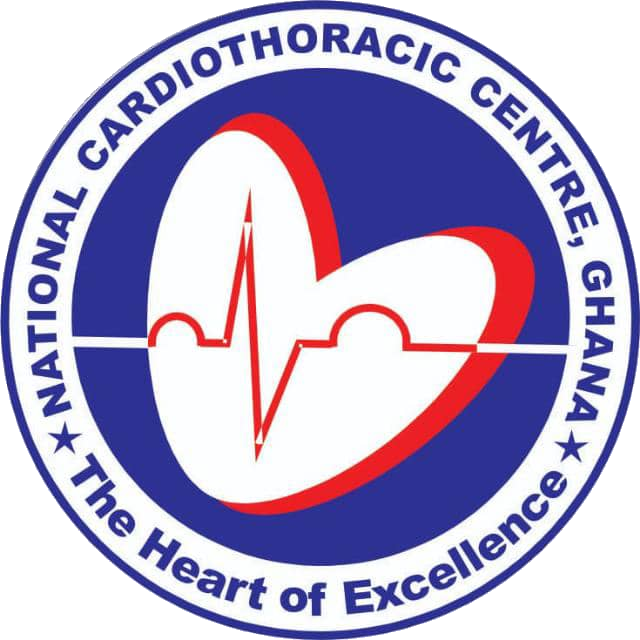Cardiac Consultation

At the cardiothoracic center we provide express cardiac consultation direct or to referred patients to the center/our facility.
Usually, your primary doctor or sometimes another specialist or surgeon will refer you to the cardiothoracic center when he suspects any diseases of your heart and the blood vessels.
Our cardiac consultations play an important role in the diagnosis and treatment of any heart condition, your risk for heart diseases and also provide you the avenue educating you on lifestyle changes including changes in your diet to prevent heart conditions or aid in your recovery.
It is advised undergo a cardiac consultation at least once in a year though you might not have any symptom or signs of a heart disease. This is very helpful in detecting probable heart conditions earlier as heart diseases might not present any signs at the very early stage. Patients will have to undergo routine diagnostic tests and examinations before the disease can be detected at the early stage…… why it is important for you to see your cardiologist for a cardiac consultation.
How do I prepare for a cardiac consultation?
It is important to prepare adequately for a cardiac consultation. Our cardiologist will interview, physical examination, other examinations as required, and a diagnosis of the patient’s condition. However, preparation for the consultation is also an important step. To maximize the benefits that this procedure can offer, patients are encouraged to:
- Prepare a list of any medications being taken
- Bring results of other medical exams and tests
- Prepare a list of questions to ask the cardiologist
- Create a complete list of symptoms including their severity and when they started to show
During the test
During the consultation, the patient’s blood pressure, weight, and height measurements will be taken. An echocardiogram (ECHO) may also be performed.
Following the interpretation of the ECHO results, the cardiologist may provide an initial or final diagnosis. However, if more information is required, the patient will undergo more tests and the schedule of these tests, as well as the follow-up consultation, will be provided. Additional tests can include blood tests, x-rays or stress tests.
After the test
Once the cardiologist has collected all the necessary information, the patient will be informed of the diagnosis and treatment options, which can include:
- Lifestyle changes, which may include smoking cessation, eating a healthy diet, and physically activity.
- Medications,which may include those that lower cholesterol, blood pressure and other risk factors.
- Certain procedures such as angioplasty and coronary artery bypass grafting.
- Cardiac rehabilitation
Please Feel Free to Contact us
For Emergency Case
